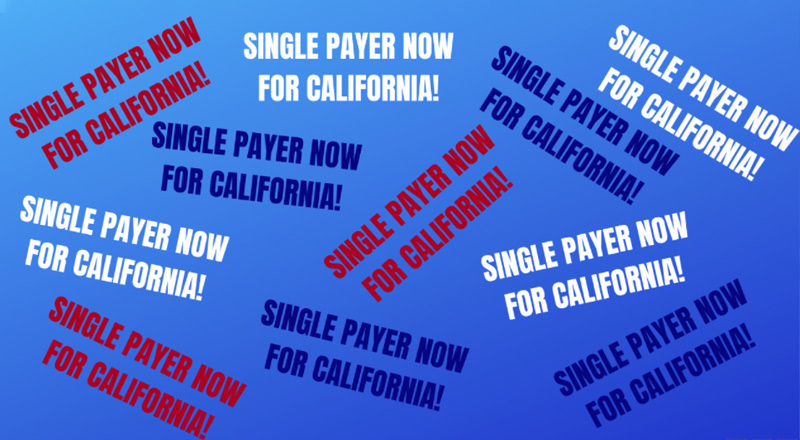
What is Single Payer Health Care?
A healthcare insurance model in which a single entity or an organization pays for healthcare and extends this coverage to all or any people is a single-payer health insurance model. The way this system works varies by its design in different countries. With this in mind, the most salient feature of the single-payer system is that the public pays little or no premiums. Another feature is that the primary health care treatment costs are gone. Instead, everyone funds the single-payer health care system through the taxes they pay.
Single-payer insurance is funded mainly or entirely by one entity (like an agency, using tax dollars). The system takes the place of personal insurance companies and patient co-payments. This single entity is responsible for the governance and management of the networks of doctors, hospitals, and payments in a single-payer system.
In the US, the single-payer health care system is coined "Medicare for All." This name comes with the intent of expanding the Medicare system. Medicare is another, in action, tax-funded single-payer health care system designed to cater to the medical needs of older people or people with disabilities. Medicare could expand to supply health care coverage for all people of the nation, rendering private insurance useless. With this expansion, Medicare will become the single-payer health insurance for the entire nation.
How Does Single-Payer Insurance Work?
While many countries have single-payer systems, they all do not function in the same way. Though, they all have a common aim to reduce co-payments and other sorts of costs for patients. While cost-reduction is a common feature in all the systems, they all don't share equivalent features. In some nations, the patients still have to pay out of their pockets, while in others, they get supplemental insurances to cover the cost of the additional charges that the system does not cover.
Single-payer systems attempt to provide low-cost access to:
- Preventive care
- Long-term care
- Mental health treatment
- Reproductive health care
- Prescription drugs and other medical supplies
Not all single-payer systems are national systems. Many large countries entrust regional governments of states or provinces to administer the health care system and pay providers. These governments often get the funds they have from the national government. The regional program leaders decide the way to use the funds to satisfy policy goals.
Pros
These are some of the advantages of the single-payer healthcare insurance system:
Preventative care prevents catastrophic diseases.
Preventative care can help detect and remove health issues when they begin and stop them from festering and becoming catastrophic. For instance, vaccines can prevent the spread of disease. Annual check-ups can catch issues like high cholesterol at an early stage. Doctors can then prescribe lifestyle changes instead of performing costly surgeries or passing out costly drugs.
People won't go bankrupt due to medical needs.
A single-payer system eliminates the fear of going bankrupt for choosing medical care that is needed for betterment and survival.
Total health care spending could decrease.
It's hard to guess the consequences of a change during a system would carry total costs. However, given the range of options for how a single-payer system could form, many argue that billions of dollars might be saved.
Cons
These are some of the disadvantages of the single-payer healthcare insurance system:
It's politically charged.
Within the US, health care is a highly politically influenced issue. According to polling results in 2020, close to half the people in America want to shift to a single-payer healthcare system. This support drops to 39% among Republicans, and almost two-thirds of the Democrats, 64% support this change.
Job loss among private insurance companies
If the US were to eliminate the private health care system, many of us would lose our jobs. Health care providers would see the smallest amount of job loss, but those employed in the private network billing would see significant changes, if not a complete job loss scenario.
Wait times could increase.
Wait time comes out as one of the most important factors when there is a comparison of the healthcare systems of America and Canada. However, it is still unclear if the wait time can be singled out as the feature of only the Canadian Healthcare system or if it is common to other countries following a single-payer system. Regardless, this should be addressed promptly.
So, this was a brief insight into the single-payment healthcare insurance system. To know more about such models and to become an informed citizen, keep reading from the news articles and blog section of our website.